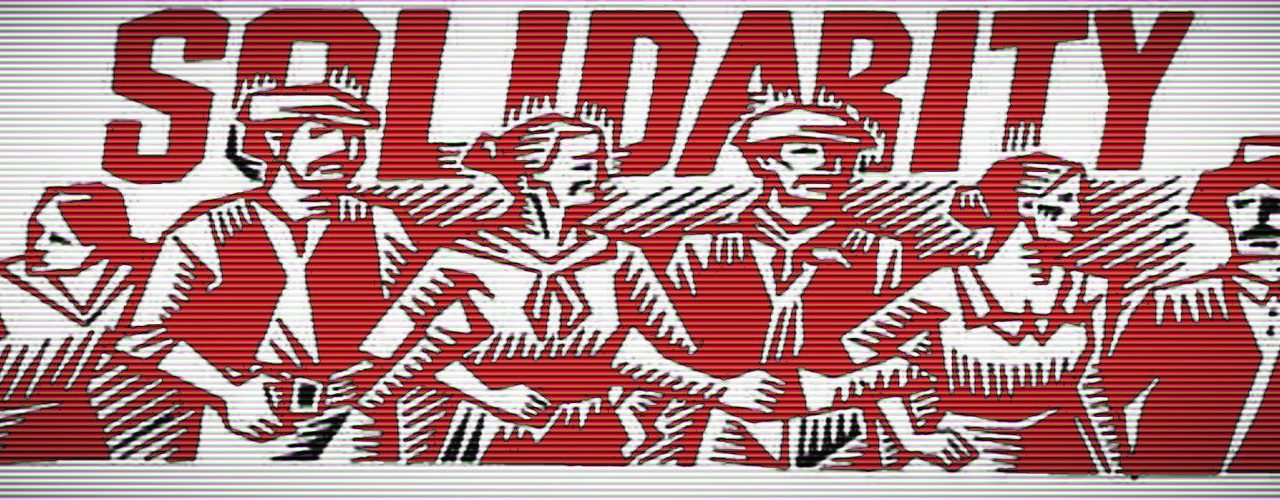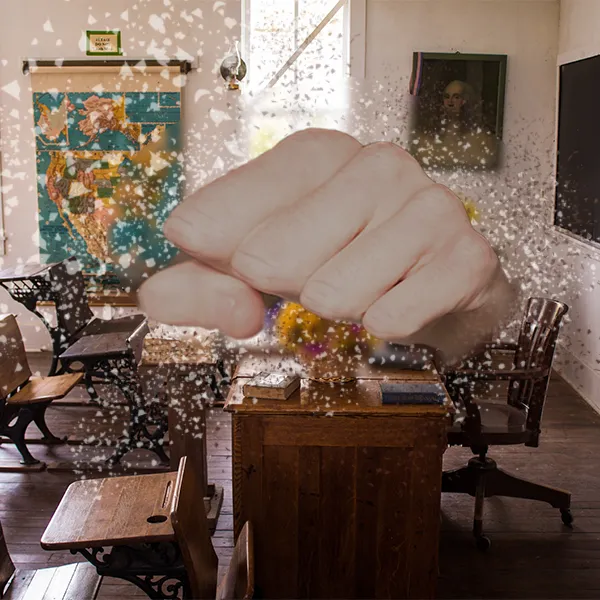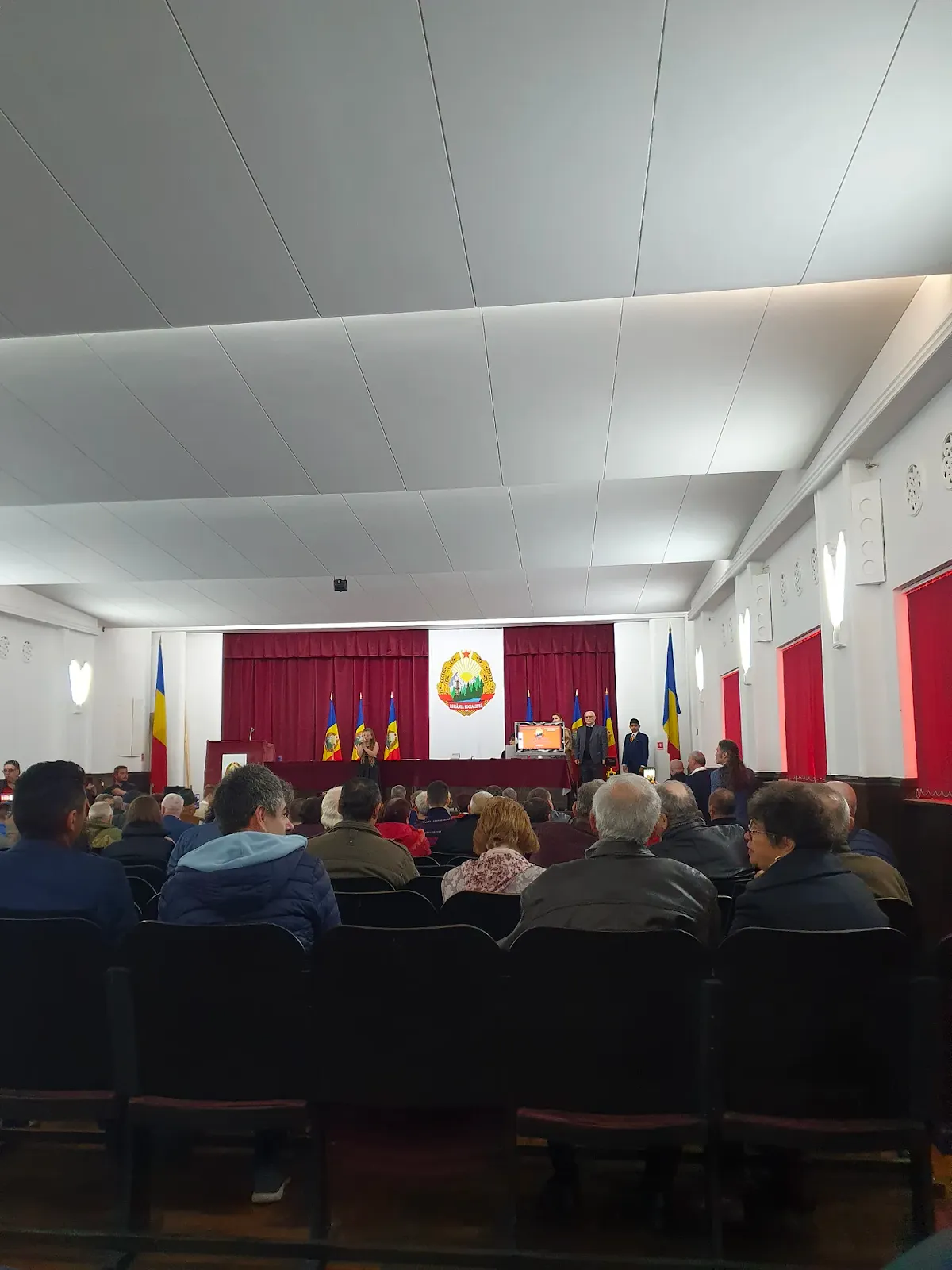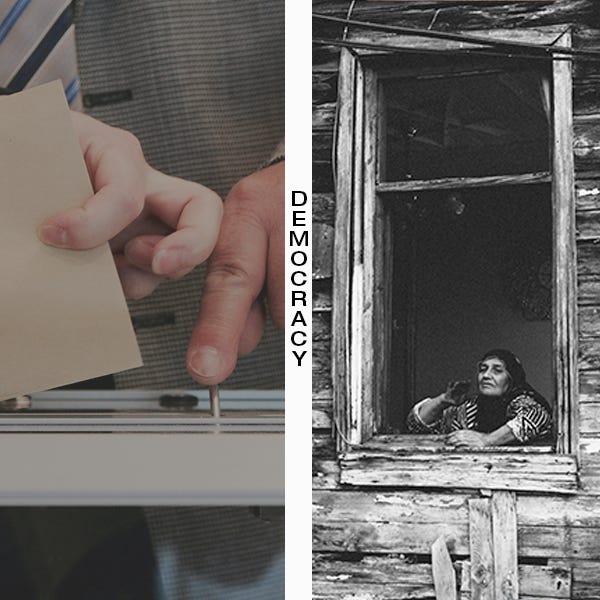As commenters have noted in recent days, the attractiveness of the AUR party (which is an abbreviation of The Alliance for the Unity of Romanians as well as means gold) is based on a discursive mix that has the potential to mobilize various segments of society. Because of this diversity, many people can find a message on the AUR agenda that might match their overwhelming feelings (including, as Cornel Ban pointed out in his article for FEPS — Foundation for European Progressive Studies: anti-vaxxers, football hooligans, Holocaust deniers, anti-Hungarian ultranationalists, the military, pious Christians and believers in New Age medicine).
Behind the diffused rhetoric shaped by the discursive mixture mentioned above, there is also an ideological amalgam that has the potential to attract people from different backgrounds, even from different social classes. At first glance, this mixture combines — on the one hand — cultural conservatism fueled by opposition to ‘political correctness’ and revengeful hatred of all kinds of identity politics, and on the other hand populism based on the sense of dignity that people want to regain from the various humiliations suffered by all major political parties (both old and new). Precisely for this reason, like any manifestation of nationalism, the AUR ideology has the potential to build a diffuse sense of belonging that transcends various social boundaries (age, profession, class). And in addition, it has the potential to justify the strengthening of the police state and militarization, phenomena that we have seen manifesting more and more strongly in 2020.
In his analysis mentioned above, Ban expressed the hope that the influence of the Alliance for the Unity of Romanians may not last long, because after all it does not have “serious socio-economic solutions to Romania’s problems.” This is where I would like to add a few concerns that contradict this hope.
Ban observes that many significant personalities from AUR held prestigious positions in the political and cultural establishment of the last decades that Romania spent without an extreme right-wing party. For me, the latter fact shows that its ideology has had a long existence embodied by actors in positions of power, which will be able to fuel the persistence of AUR over time.
In addition, at a deeper and thorough look, one cannot neglect Călin Georgescu’s so-called ‘national project’ [there is a book and about it — note of the translator], Georgescu being the potential AUR nominee for prime minister. This project offers a mix of economic solutions that combine measures to counter both communism and neoliberal globalization, while playing with ideas such as the so-called ‘civic economy,’ cooperatives and a kind of ‘distributionism’ that is supposed to be loyal to ”Romanianness, its traditions and Christian values.” These ideas may not soon be translated into concrete economic messages to the general public, but AUR could still play an important role in the current social and political context for the reasons described below.
The growth and affirmation of AUR takes place in a political climate dominated by right-wing political parties, which, in my opinion, is a favorable context for GOLD to stay longer and bring deeper damage than former extremist initiatives in Romania in the recent past. I believe that a kind of structural division of labor will be possible between the united right and the extremist alliance, even if the latter now openly criticizes the National Liberal Party and the country’s president, especially for how they handled the epidemiological crisis.
I predict that AUR will have an important role to play when the right-wing government implements its austerity measures as soon as it consolidates power as part of its ‘economic recovery package.’ AUR’s patriotic, Christian, nationalist discourse and its potential actions, motivated by this spirit, will channel people’s dissatisfaction with the problems of the ‘authentic Romanian’ and, implicitly, divert attention from the systemic causes of the economic crisis and its effects on the daily life of people. This will be convenient for the ruling right.
Or it may happen that the presence of AUR in parliament activates the more or less latent nationalisms of the united right, which will enter into a competition of nationalisms to prove who is more worthy in relation to the ‘nation-constructing people.’ Because, to the extent that the population will be bombarded with austerity measures as a ‘solution’ to the economic crisis, the power will do everything it can to divert this possible dissatisfaction toward nationalist and patriotic goals. The goal pursued by the entire right-wing nationalist complex is to suppress the left, the social democrats, the socialists and the people’s revolt against real problems, such as exploitation, inequality, poverty, housing deprivation and widespread economic insecurity.
Regarding the role of the Social Democratic Party in this context (an issue that Ban’s cited paper addresses in its last paragraph), I would add that there is an urgent need for it to connect with trade unions in all economic sectors, and for trade unions to truly reconnect with workers. In parallel, it is crucial that every progressive initiative mobilize around the interests of people aware in their class position and contribute to building solidarity between workers with different social statuses who assume both anti-nationalism and anti-racism, as well as combating cultural conservatism.
This article was originally published on Baricada România.
Photo (source): Facebook.
The Barricade is an independent platform, which is supported financially by its readers. Become one of them! If you have enjoyed reading this article, support The Barricade’s existence! We need you! See how you can help – here!











